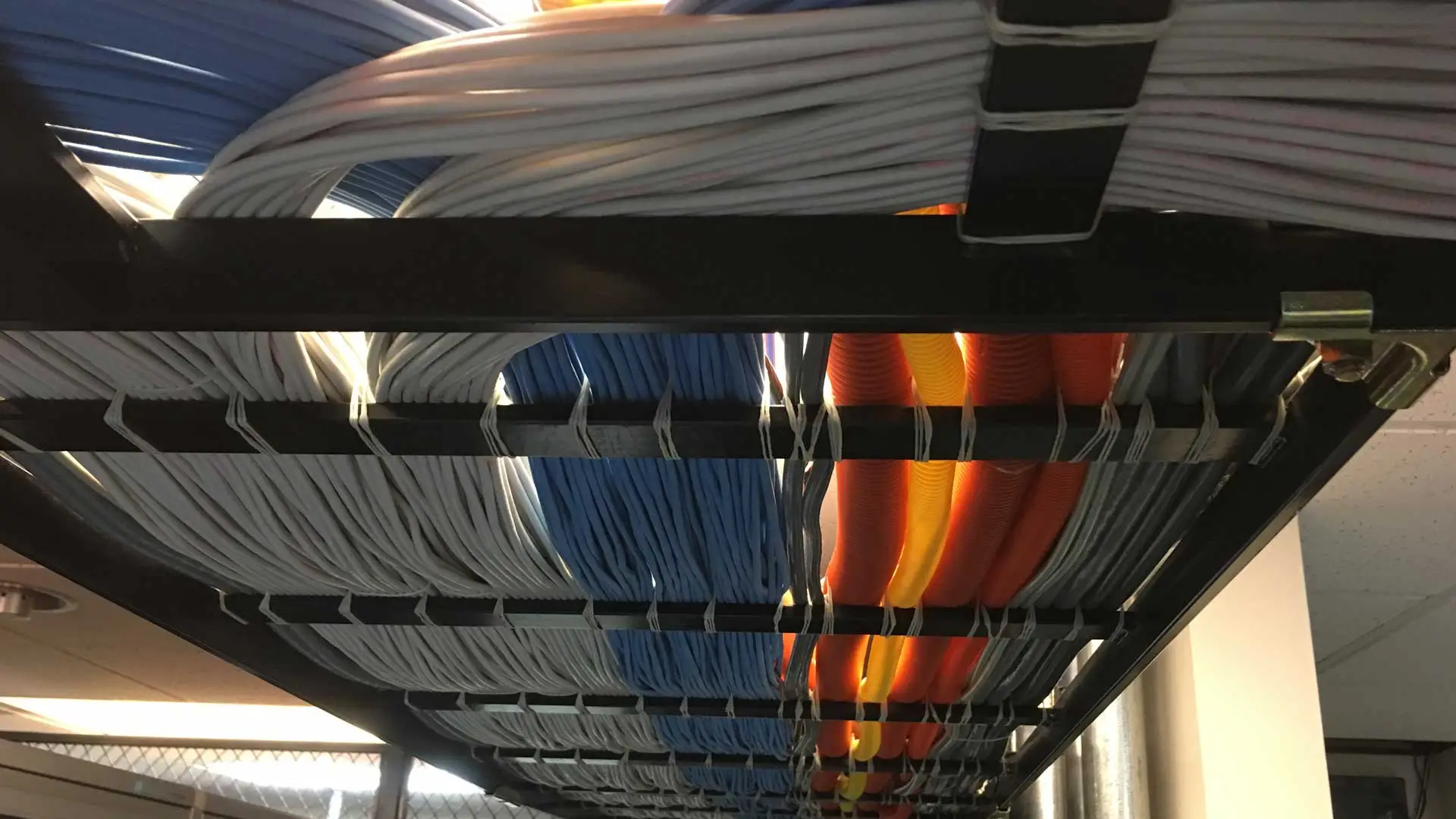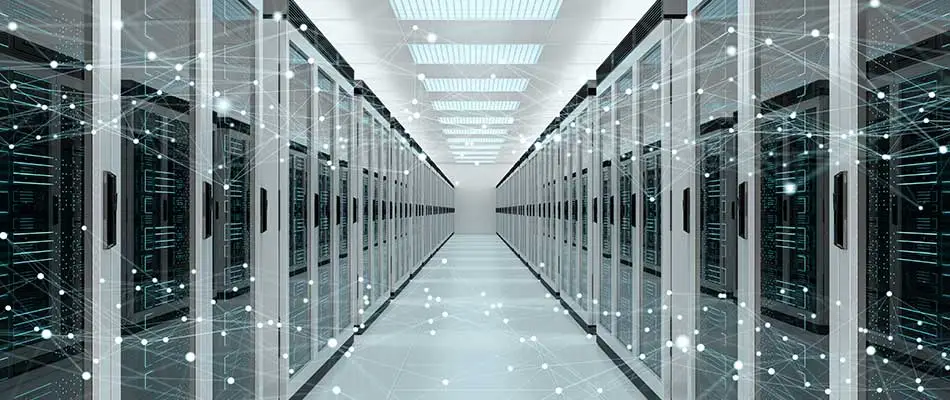
Insight
Check here for information regarding cloud services, colocation, virtual desktop offerings

Check here for information regarding cloud services, colocation, virtual desktop offerings

As businesses search for options to store their data, they need to know what options are available to them. Many options exist, such as colocation, virtual private servers, and shared web hosting.
Each option offers different features, but colocation is one that may need a bit more explanation for those who are new to the concept of off-site data storage. Businesses in Orlando, Space Coast, Tampa, and other areas of Florida should consider colocation for a number of reasons.
Colocation facilities are data center facilities that house numerous servers. A colo facility allows businesses to rent server and computing hardware space. Colocation services are an excellent option for businesses to store their data.
Of course, a colo may not be the best option for each business. So, to determine whether it’s right for you, we’ll discuss how colocation works and explore its features and benefits.
A colocation data center is a building that houses rentable racks and cabinets that store your equipment. The building itself has high physical security to protect the equipment inside. The data center facility has redundant power, meaning the power system is backed up by uninterruptible power supplies (UPS) and generators. So if the electricity at the data center goes out, your servers are still powered by other means.
Redundant cooling systems are...
Connectivity is a crucial factor for anyone that is part of the online world. As such, it is a vital part of the operations of each data center company. There are many network connectivity types out there. The one we will be talking about today is the cross connect.
As one of the connectivity types, you need to know what is a cross connect. This will help you learn if and how you can benefit from it.
Also, the more you know about them and their impact on network performance, the easier it will be for you to pick the right connectivity option for your business.
Cross connects are a network connectivity type that links two separate hardware assests in a data center. The two hardware assets or servers are linked via physical cross connect cables. These cables establish a private network connection between the two.
Also, two servers that are linked using this network connectivity type do not need to use the Internet to be connected.
They can be maintained either by one or across many data centers. Firms use them for many things. One of them is to connect to global networks. This allows them to conduct their business more quickly.
Also, colocation* customers can ask their provider for cross connects. This way, they will set up more reliable, high-performance links with each other in the same data center.
To set up this type of connection ...

In late 2018, Marriott informed the world that around 500 million of its customers had lost information to cyber thieves from 2014-2018. This data breach was large and went undetected for four years. Their information needed to be more secure and not as easily accessible. Other massive data breaches have affected millions of people and cost companies millions of dollars in lawsuits, all because they had a weakness in their security that hackers were able to exploit. One way to help prevent data breaches is by selecting a secure data center to store your data.
When you're searching for a data center to house your business's critical information, make sure the data center is compliant with your industry. You alone are responsible for ensuring your business data is secure at all times, so it's vital to be discerning when choosing where that data is stored.
If you're in Florida areas such as Orlando, Space Coast, Tampa, or Daytona Beach, here are reasons why you should be searching for a data center that meets compliance standards.
Compliance standards, also referred to as data center security standards, help ensure that data centers are using best practices for data protection. Standards vary between the different types, but there are several types of compliance that data centers can be audited and assessed for to prove that they are secure enough to store various types of ...

No matter where you may be located in the United States, there is a possibility that a disaster could strike. From tornadoes to fires to hurricanes to floods, disasters can happen at any time. For businesses, it’s paramount to have a disaster recovery plan in place.
A key component of that disaster recovery plan should be where and how you plan to store your data. If a wildfire rushes through your area and there’s no time to save data, then you could be out years of records and other invaluable business information if the data isn’t securely stored elsewhere.
Here’s why colocation should be included in your business disaster recovery plan if you live in Orlando, Space Coast, Tampa, and other Florida areas as well as other parts of the United States.
When you host and store your data in the same building as your business, you’re taking a risk. In the event of a disaster such as a fire or flash flood, you could be looking at a complete and total loss without off-site data storage. Losing years of information, data, billing info, and other aspects of your business without any backup can be disastrous in itself, but if you have that information stored off-site, it will be protected.
When your data and applications are stored off-site, it may still be...
From WATTS to AMPS, to VOLTS, to kVA, there are plenty of power ratings out there that each data center company uses to express power usage.
Because kVA is mostly used in the generator industry, many people don’t know about it. Today, we’ll cover what is kVA, what is kVA power, how to calculate kVA, and more.
kVA or kilovolt-amps is a measure of apparent power. A kVA unit is 1,000 volt-amps. It shows the total amount of power that a system uses. When a system is 100% efficient, kVA will be equal to kW.
However, most electrical systems are not 100% efficient. So, only a portion of the apparent power is converted into working output.
kW or kilowatts measure the true amount of the power that is converted into working output. That’s why kW is known as actual or working power.
The power factor (PF) measures the electrical efficiency of the system. If you know the efficiency of the electrical system, you can convert it between kilovolt-amps and kilowatts. The electrical efficiency of a system is expressed as a PF between 0 and 1.
A PF closer to 1 indicates that the kVA is efficiently being converted into working kW. A 100% efficient electrical system has a PF of 1.
Kilovolt-amps show the total amount of power a colocation or any other service provider uses. Kilowatts show the actual power that is converted into output.
The...
